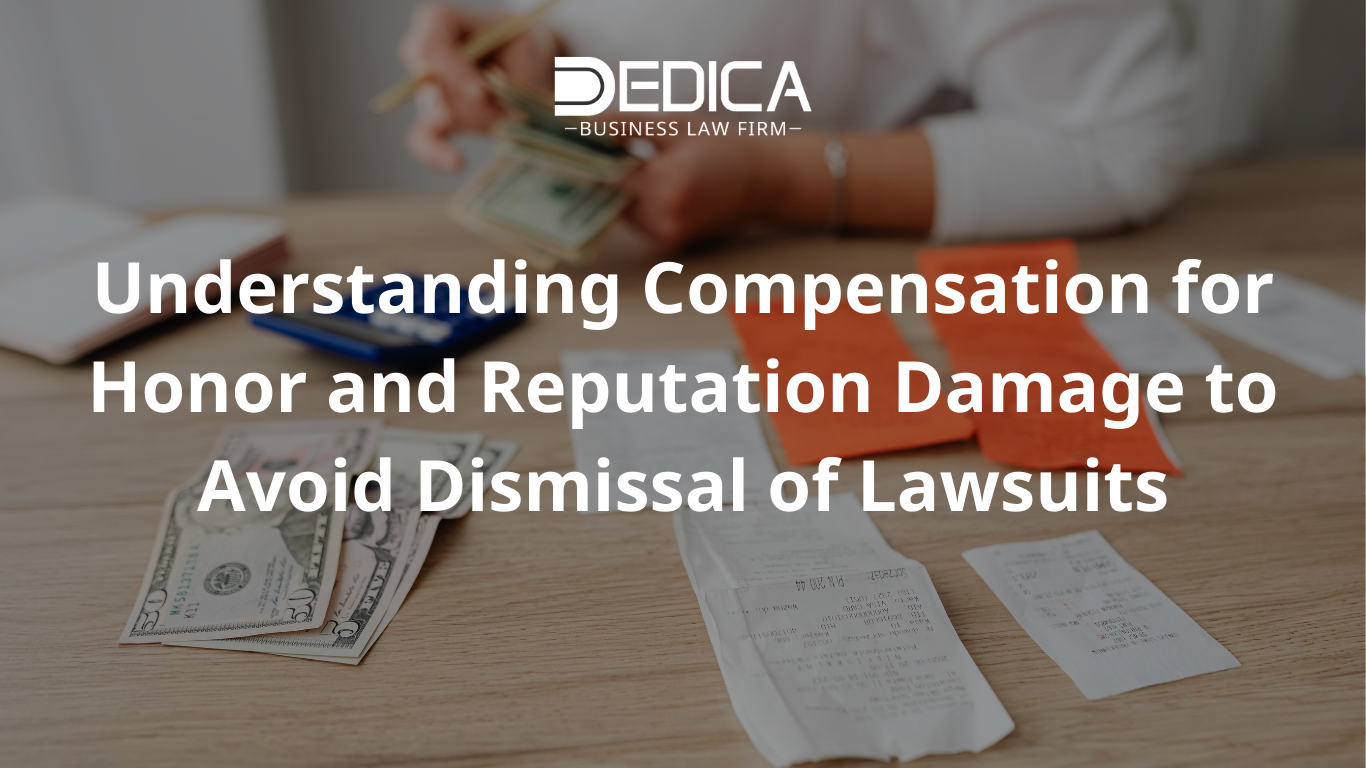
Claims for non-contractual damages, especially for emotional distress caused by violations of personal honor, dignity, and reputation, are becoming increasingly common in court. Many believe that simply feeling hurt is enough to claim compensation, but legally, it’s not that simple.
Understanding the Legal Basis of Non-Contractual Compensation
When a person suffers damage to their reputation, dignity, or honor outside a contractual relationship, they have the right to claim compensation under Articles 584 and 592 of the 2015 Civil Code. However, to have this request accepted by the court, the claimant must prove three key elements:
There is an unlawful act
Not all upsetting or emotionally hurtful actions are considered unlawful. Courts will evaluate whether the act violates specific legal regulations or infringes on civil rights protected by law.
There is actual damage
Emotional damage is hard to quantify, but must manifest in concrete ways, such as loss of public reputation, negative impacts on personal or professional life, or psychological health.
There is a causal relationship between the act and the damage
This often overlooked factor requires the claimant to prove that the unlawful act directly caused the claimed damage.

Why Are Emotional Damage Claims Often Dismissed?
From litigation consulting experience, DEDICA lawyers have found that many plaintiffs are either underprepared or misinformed about legal regulations. Three common reasons for dismissal include:
Lack of evidence proving the unlawful act
If the defendant has legal rights to perform the act (e.g., reassigning duties based on contracts or internal policies), it is not considered a violation.
No specific emotional damage presented
Courts require proof beyond personal feelings, such as damage to professional reputation or missed job opportunities.
No proven causal link
If the act (e.g., stopping teaching duties) did not lead to job loss or salary reduction, then courts will not find a basis for compensation.

Legal Strategies to Protect Your Rights in Similar Disputes
From DEDICA’s litigation experience, to effectively protect your rights in such cases, individuals and businesses should:
Prepare sufficient legal documentation and evidence
This includes contracts, internal rules, emails, meeting minutes, and any official documents reflecting the alleged violations.
Clearly identify what rights have been violated
Specify tangible consequences, such as loss of promotion opportunities or misinterpretations from colleagues or clients.
Choose the appropriate legal basis and strategy
Not all actions warrant civil lawsuits. Some may require administrative complaints or be better handled through mediation.
Understand the Law to Assert Your Rights Properly
In modern society, personal and professional reputation is highly valued. However, suing for emotional damages requires deep understanding of legal provisions and strong evidence. Don’t act solely on emotion—seek proper legal advice and a sound strategy.
Wondering if suing for damage to honor is justified?
Contact DEDICA now for an evaluation and tailored legal strategy. We have supported hundreds of clients in similar disputes, helping them legally and effectively protect their reputation and dignity.
Contact DEDICA Law Firm for professional legal advice!
📞 Hotline: (+84) 39 969 0012 (Support via WhatsApp, WeChat & Zalo)
🏢 Head Office: 144 Vo Van Tan Street, Vo Thi Sau Ward, District 3, Ho Chi Minh City
🕒 Working hours: Monday – Friday (8:30 AM – 6:00 PM)
Reach out now for a free initial consultation with our professional lawyers!

Select a platform to view details